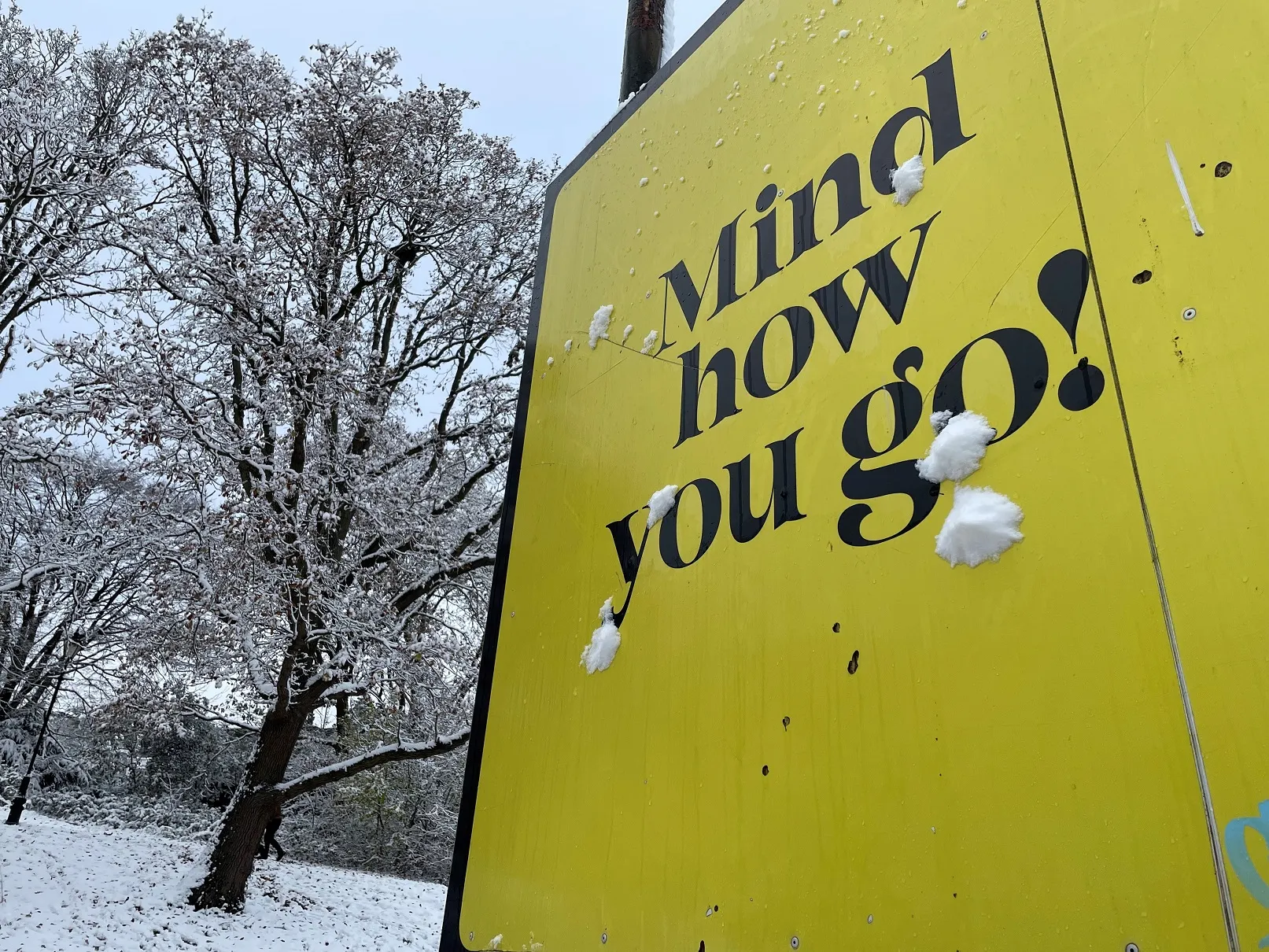ITS International is closed today for the Christmas holiday - back tomorrow
By Adam Hill
December 25, 2024
Read time: 1 min

ITS International is closed today for the Christmas holiday.
As 2024 draws to a close, thankyou to our supporters, our advertisers and - of course - to our readers. Without all of you, we couldn't do what we do.
If you are celebrating Christmas, the entire team wishes you a restful time this festive season.
If you're not celebrating, or you are at work, then we wish you peace and safety on the roads.
There will be more news here from tomorrow: see you then!










